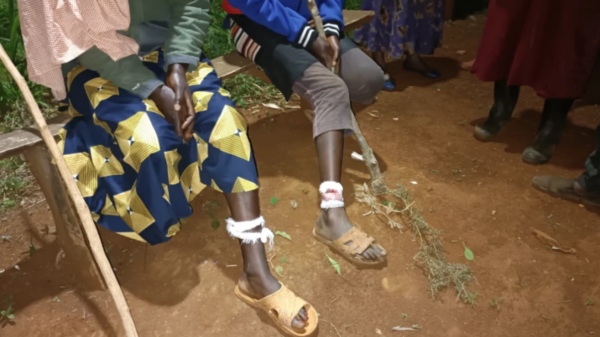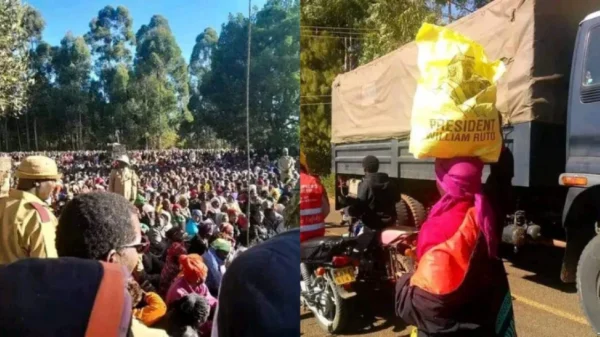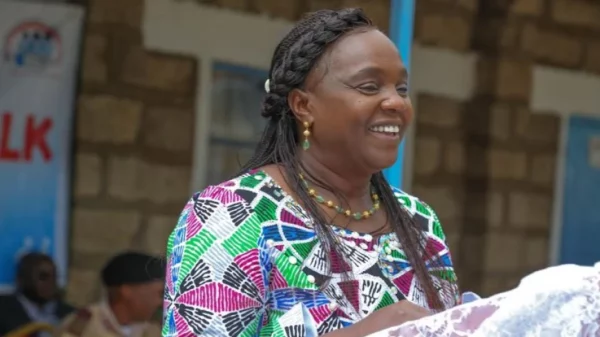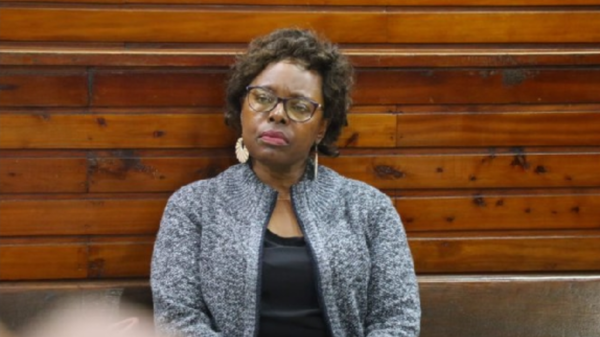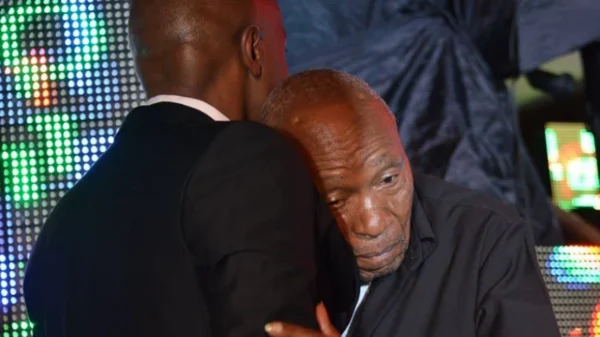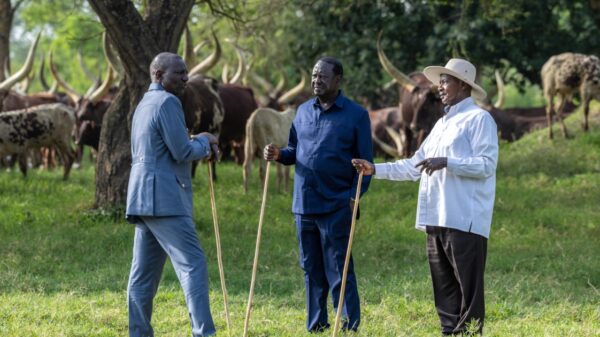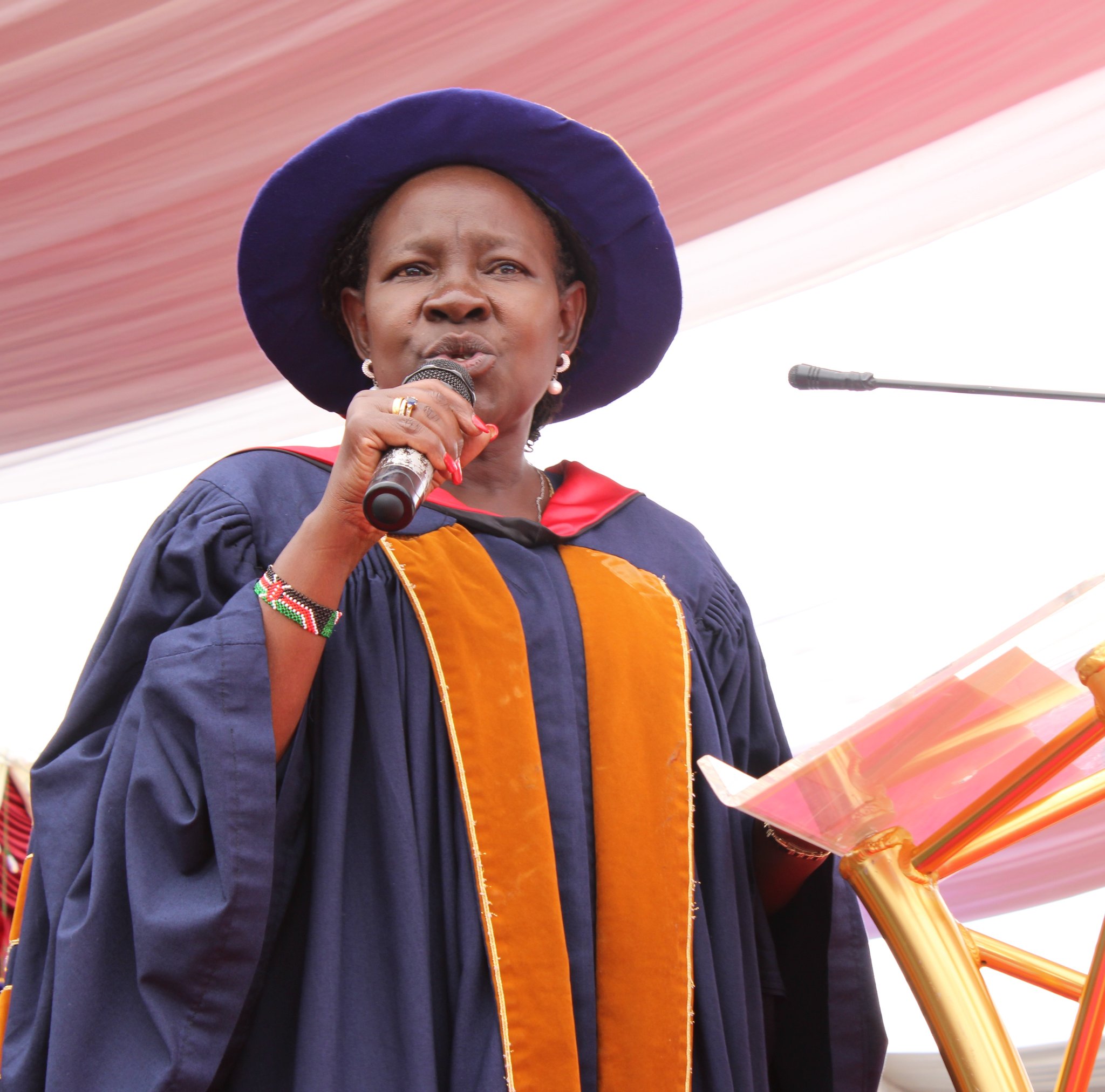- The government has hinted on establishing linkages between technical and vocational institutions of learning and state agencies and industries as a way of bolstering the students skills to match the demands of the highly competitive market.
- State Department for TVET Principal Secretary Esther Muoria said that through the treaty, trainees will undergo 70 percent in experiential learning in industry and 30 percent in course work at the training institutions.
- Muoria also underscored the need for the TVET institutions to design demand driven programs to bridge the identified skill gaps in the dynamic industry in the country.
Follow us on Facebook and Twitter for real time updates
The government intends to create linkages and collaborations between Technical Education, Vocational and Training (TVET) institutions with the industry and other state agencies to ensure holistic training of trainees.
State Department for TVET Principal Secretary Esther Muoria said that through the arrangement, the trainees will undergo 70 percent in experiential learning in industry and 30 percent in course work at the training institutions.
Dr Muoria emphasised the need for the TVET institutions to design demand driven programmes to bridge the identified skill gaps in the dynamic industry in the country.
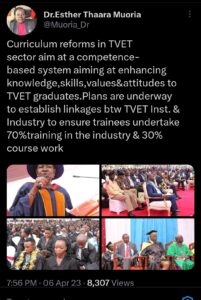
“Through this initiative, the trainees will be exposed to a working environment where they will acquire more knowledge and skills in their training during the industrial linkages and collaborations,” said Dr Muoria in a speech she read during the graduation ceremony at Wote Technical Training Institute.

Graduates at the Wote institute where Dr Muoria addressed the issue. Photo|Twitter
The PS also disclosed that the government was exploring options for TVET institutions to collaborate with other international TVET institutions to concurrently train, assess and Grant certification to successful trainees to enable them compete for jobs internationally.
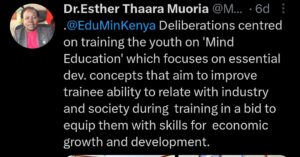
At the same time, she said that there was a need to train a critical mass of technologists, technicians and artisans to participate in meeting the socio-economic goals as a way of actualising the government’s development agenda.
“We are looking for governments and institutions with whom we can sign a Memorandum of Understanding (MOU) for dual training and dual certification. We have initiated an MOU with the Chinese government, we are looking forward to having a conversation whereby we shall be training our students and once they have completed their courses here, they will go upscale and benefit from this initiative,” she observed.
“You will be trained here in Wote and depending on the area of your skill you have trained in you can go to other institutions elsewhere and get dual training and dual certificate. What that will fulfill is that you will be recognised internationally and can work and live anywhere in the world,” said Dr Muoria.
In this regard, she encouraged the students to at least learn a foreign language that will give them an opportunity to integrate easily in the country that one may desire to work in.
On technology, the PS said that the government has identified that TVET institutions are vital channels through which the youth can acquire innovative skills for adaptation and innovations that will make them self-employed.
Consequently, Muoria challenged the youth to venture into the digital hub and secure available opportunities in the job market where they can acquire the requisite skills and competencies.
“There is also the Jitume Kazi programme which is a work hub/centre designed to provide an environment to access digitally enabled jobs sourced locally and internationally through identified partners in a bid to address the unemployment rate in the country,” Dr Muoria said.
During the ceremony, over 1,700 students graduated. 594 were awarded diplomas, 780 graduated in crafts certificates and 334 graduated in artisan programmes.
In another development, Dr Muoria directed all TVET institutions to start tree nurseries to help the government’s agenda in increasing forest cover over the next five years by planting 5 million trees.







